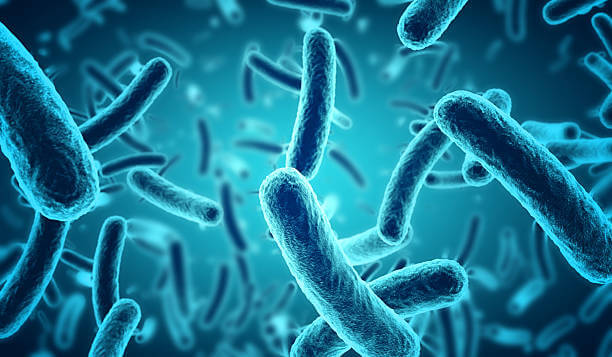research groups
Molecular Microbiology
summary

Sede:
Email:
- Armesto, Rubina
- Benatti, María de los Angeles
- Pereyra, Julián Ignacio
- Parisi, Rocio
RESEARCH LINES
Cell Envelope Biogenesis in Gram-positive Bacteria
A key, but often overlooked, aspect of cell biogenesis and survival is the mechanism by which cells exquisitely regulate the biosynthesis of their macromolecular components. In the case of bacteria, this means producing an adequate and balanced amount of macromolecules, such as nucleic acids and proteins, and essential cellular structures, such as the plasma membrane and peptidoglycan (PG). Both the plasma membrane and PG constitute the cell envelope, so both structures must be synthesized in a coordinated manner during bacterial growth. Despite its relevance, the molecular basis of this coordination are still a mystery. Based on this, the general objective of this project is to investigate how Gram-positive bacteria coordinate the synthesis of plasma membrane lipids with the biosynthesis of PG during cell growth. We follow a multidisciplinary approach, using state-of-the-art techniques in fluorescence microscopy, biochemistry, genetics, and physiology. Since proper control of lipid and PG metabolism is essential for the survival of bacteria, it is expected that the discoveries arising from this project will enable the identification of potential targets for the development of new antibiotics.
Control of Membrane Fluidity in Gram-positive Bacteria
Thermosensors are ubiquitous integral membrane proteins that serve a variety of physiological roles, including plasma membrane remodeling, chemotaxis, touch, and pain. However, the mechanisms by which their transmembrane (TM) domains detect and transmit temperature signals are still largely unknown. The histidine kinase DesK from Bacillus subtilis is the paradigmatic example of a thermosensor designed to remodel membrane fluidity when the temperature drops below 30°C, thus providing a simple and adequate system to investigate the mechanism of thermal adaptation mediated by the TM segments. For its part, the Des pathway, controlled by DesK, offers a unique model to study in vivo the localization and dynamics of the involved proteins during the adaptive response, aspects that are still unknown. Our long-term goal is to establish the molecular mechanism by which the TM segments of the DesK sensor protein perceive the temperature change signal and transduce it into the activation or deactivation of the Des pathway as well as the cellular distribution and dynamics of the component proteins of the Des pathway in response to temperature changes, and therefore in membrane fluidity. We study these processes by combining functional methods (biochemical and in vivo studies) with techniques such as crystallography and single molecule localization super resolution microscopy (SMLM), among others.
Images of our research lines

PUBLICATIONS AND PATENTS
Revisiting the coupling of fatty acid to phospholipid synthesis in bacteria with FapR regulation.
Revisiting the coupling of fatty acid to phospholipid synthesis in bacteria with FapR regulation.
Transmembrane prolines mediate signal sensing and decoding in Bacillus subtilis DesK histidine kinase.
Transmembrane prolines mediate signal sensing and decoding in Bacillus subtilis DesK histidine kinase.
A coiled coil switch mediates cold sensing by the thermosensory protein DesK.
A coiled coil switch mediates cold sensing by the thermosensory protein DesK.
Allosteric activation of bacterial response regulators: the role of the cognate histidine kinase beyond phosphorylation.
Allosteric activation of bacterial response regulators: the role of the cognate histidine kinase beyond phosphorylation.
Structural basis for feed-forward transcriptional regulation of membrane lipid homeostasis in Staphylococcus aureus.
Structural basis for feed-forward transcriptional regulation of membrane lipid homeostasis in Staphylococcus aureus.
Sede CCT Rosario
Ocampo y Esmeralda, Predio CONICET-Rosario
2000 Rosario, Santa Fe, Argentina
Tel. 54-341-4237070 / 4237500 / 4237200
Sede Facultad de Ciencias Bioquímicas y Farmacéuticas
Universidad Nacional de Rosario - Suipacha 531
2000 Rosario, Santa Fe, Argentina
Tel. +54 341 4350596 / 4350661 / 4351235
🦠 Avance clave para hacer frente a infecciones polimicrobianas y multirresistentes.
Acinetobacter usa vesículas para desactivar antibióticos y resistir tratamientos. Este hallazgo abre nuevas vías para combatir infecciones difíciles. 🦠💊 👉 @lab_vila 👏

